The Coronavirus pandemic permanently changed many parts of everyday life. So many habits and conventions we had grown used to were thrown by the wayside as we tried to grapple with the disease. And since we have discovered that Covid is aerially transmitted and prone to spreading more effectively indoors than outdoors, HVAC and Covid have been two things that are always on our minds. There has been a lot of debate on whether your heating, ventilation, and air conditioning (HVAC) system can spread Coronavirus.
Nevertheless, Covid 19 and other aerially transmitted viruses spreading through your heating and cooling system is far from impossible, especially as many of us live in buildings with outdated or poorly maintained HVAC systems. Many big building owners and public building administrators have resorted to major HVAC retrofits since the start of the pandemic in an attempt to make things Covid-safe. The start of lockdowns saw the demand for HVAC contractors rise exponentially, as stay-at-home orders put more pressure on heating and cooling systems nationwide. So, it is no surprise that there have been huge changes in the industry since the onset of the pandemic. Best practices among HVAC contractors are now evolving so that contractors recommend technical solutions aimed at improving interior air quality.
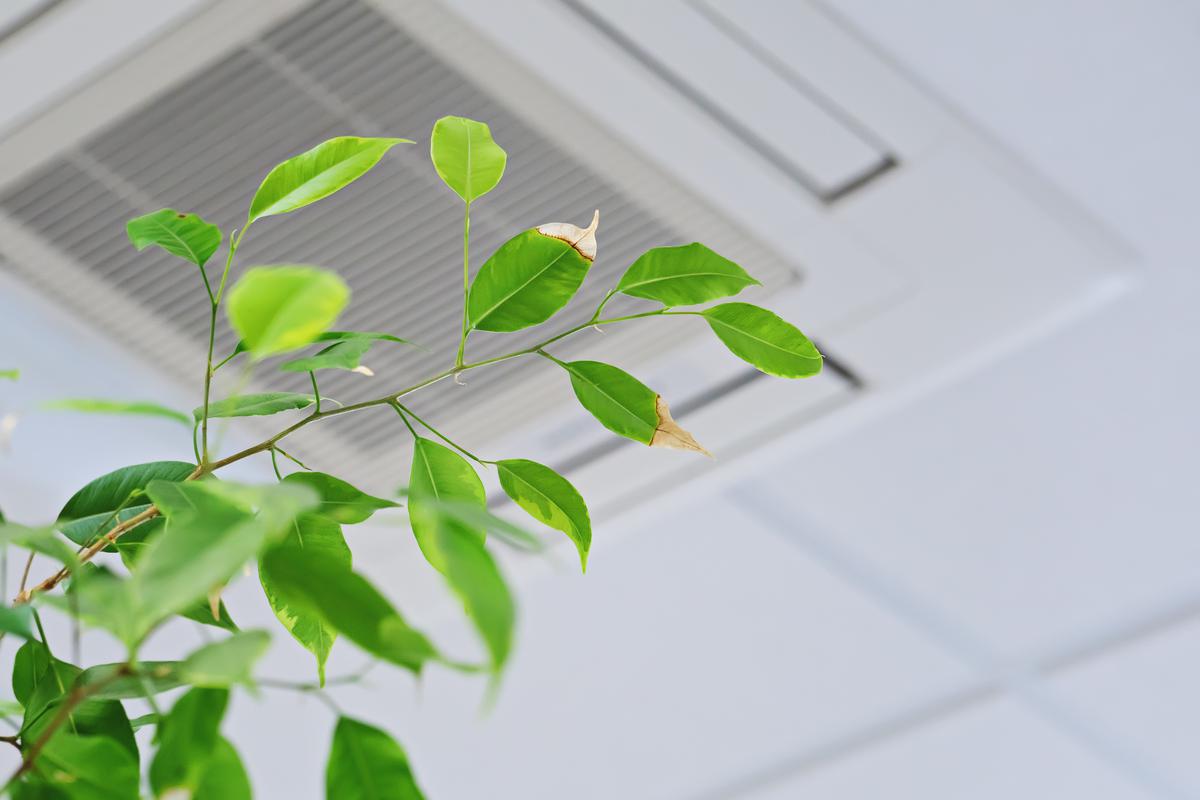
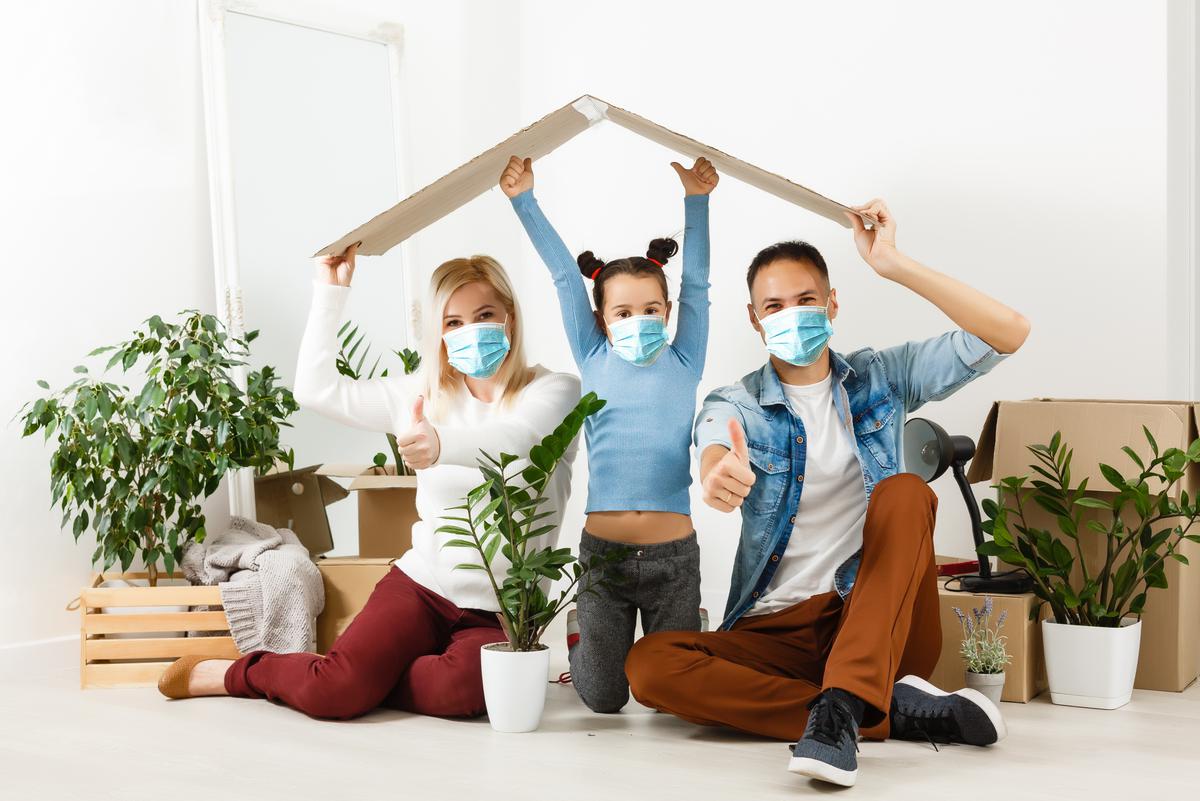
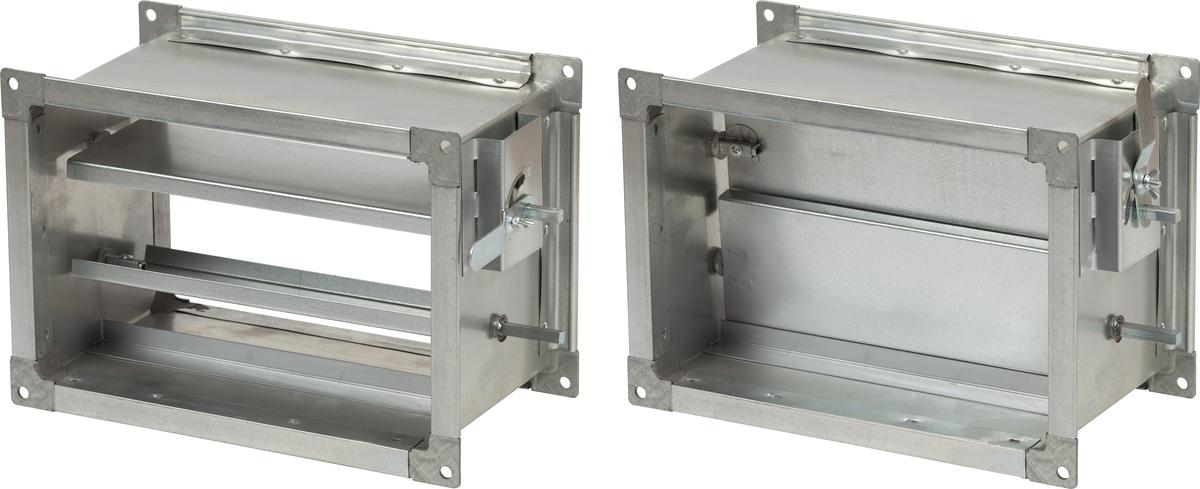
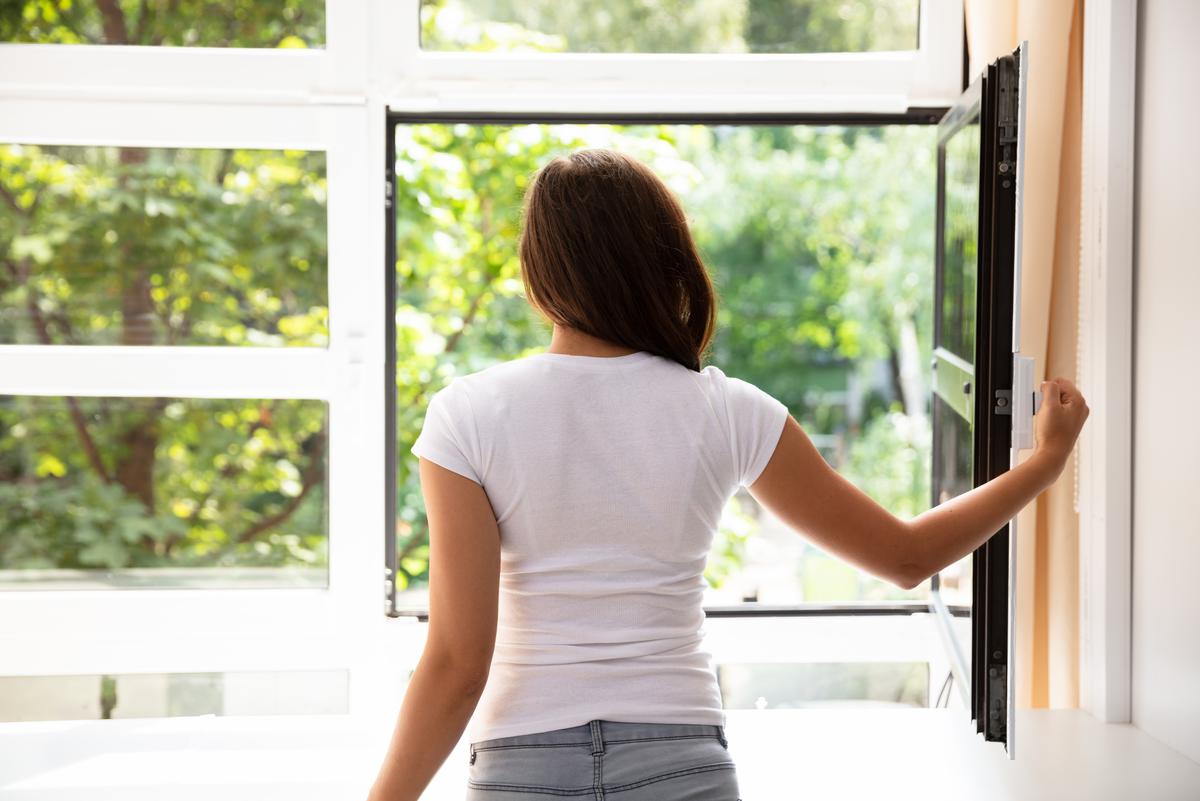
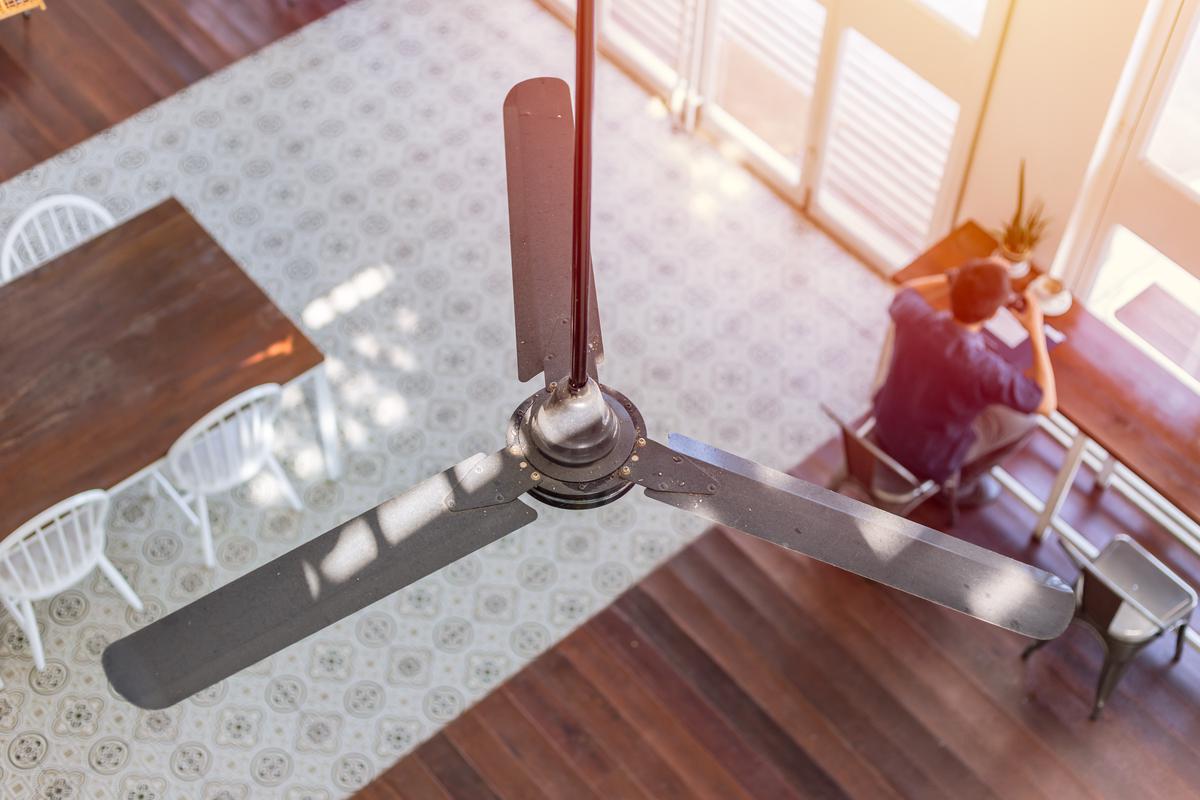
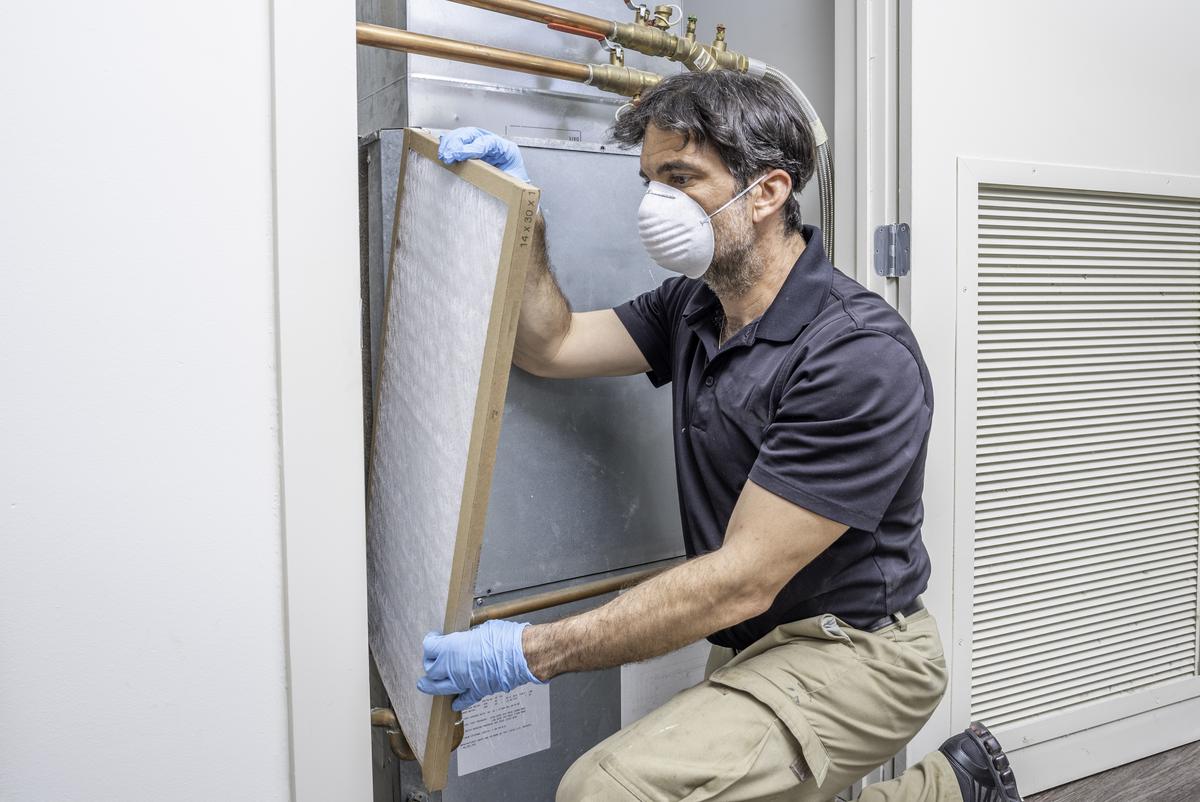
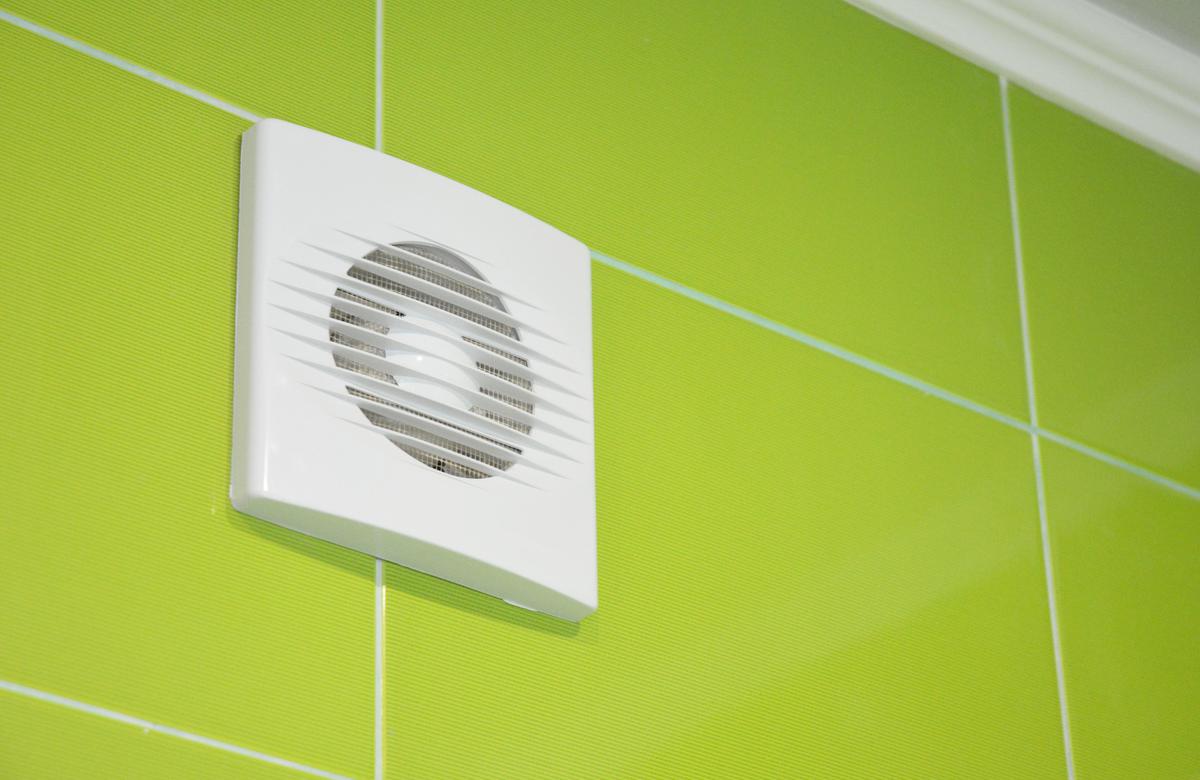
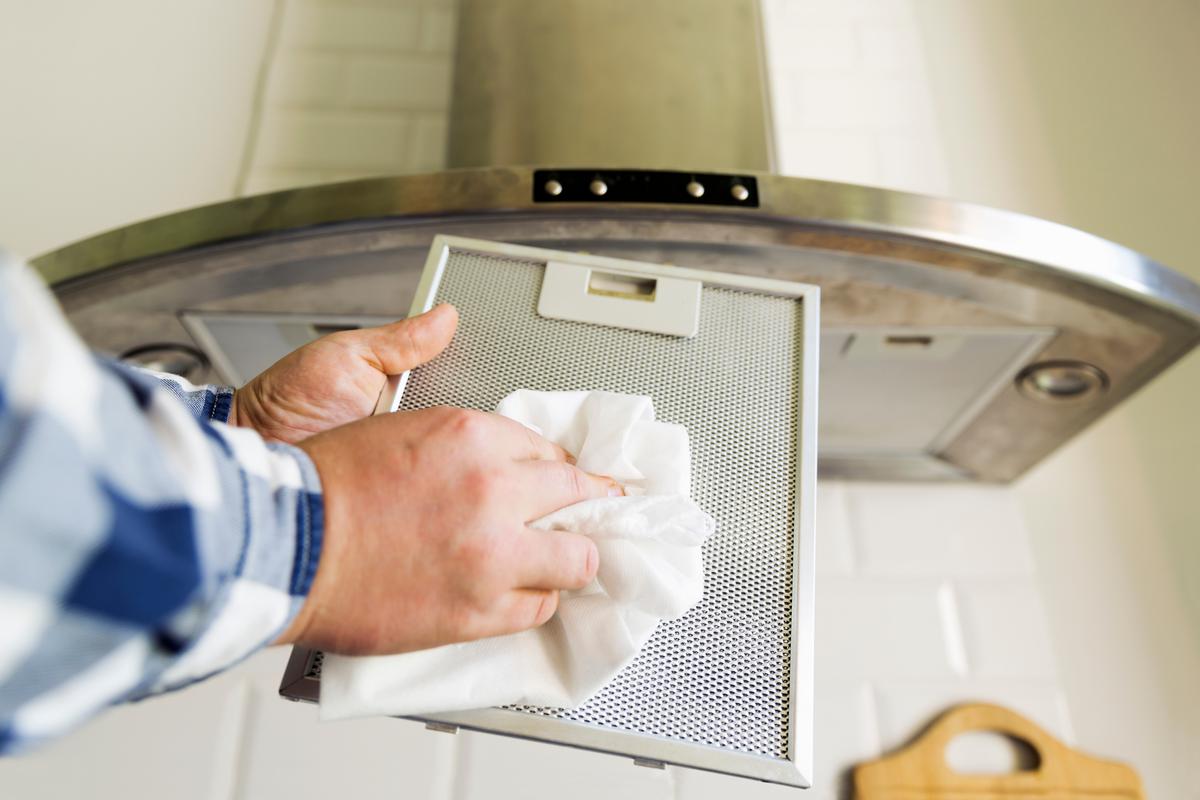
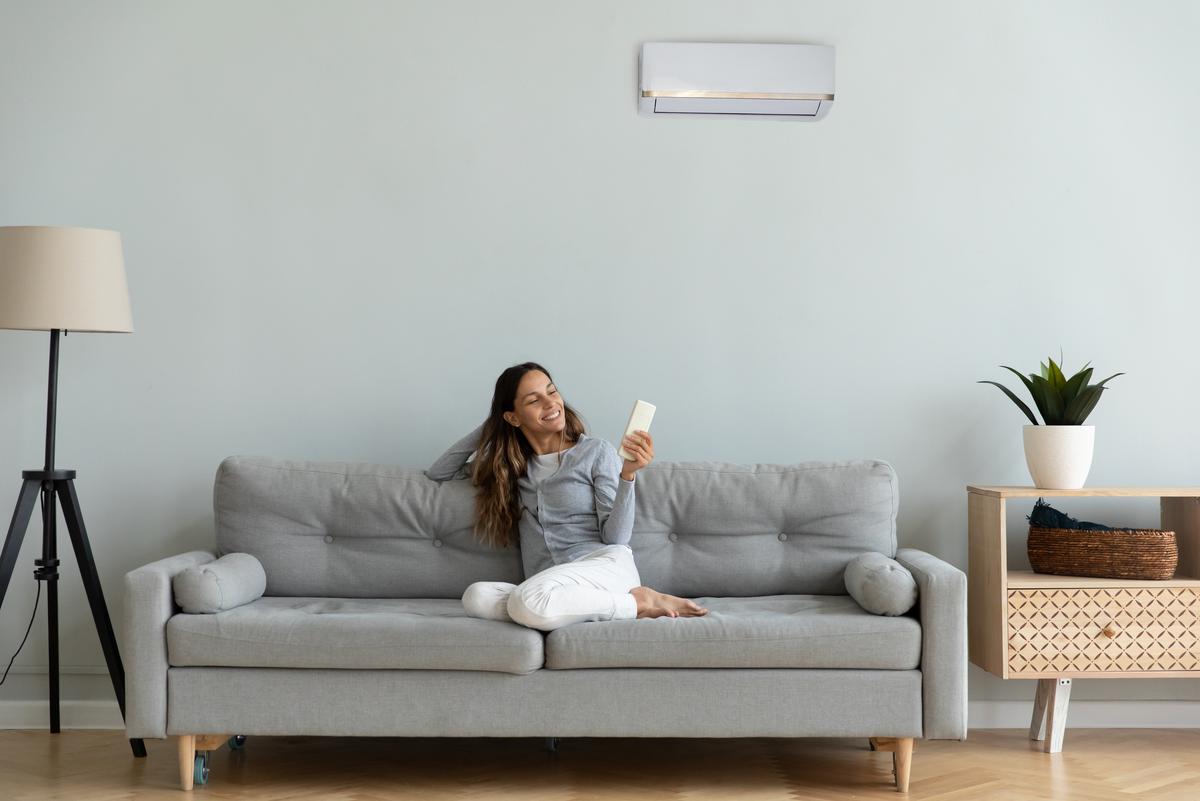
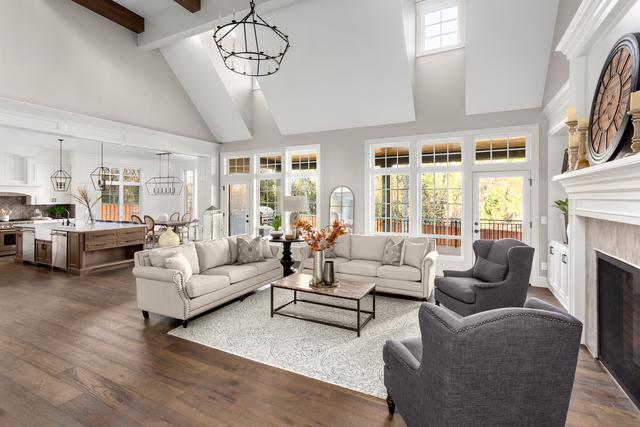
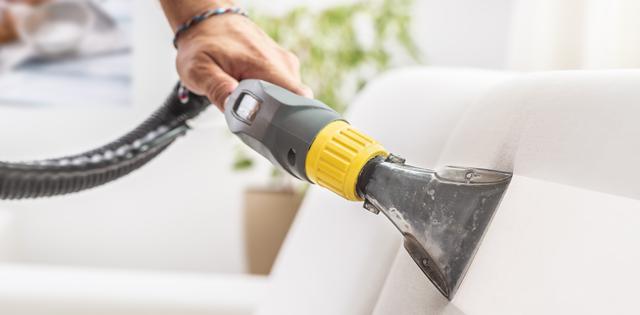
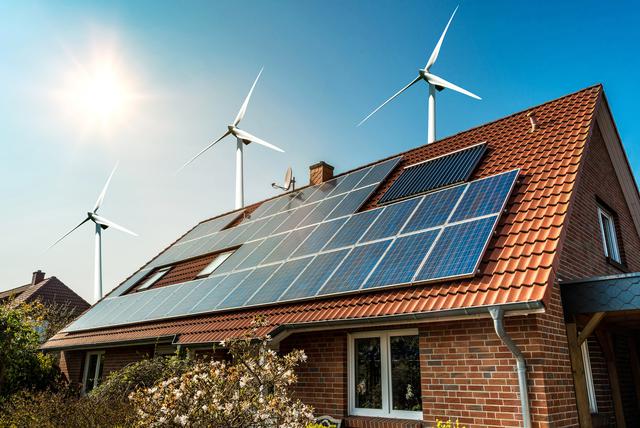
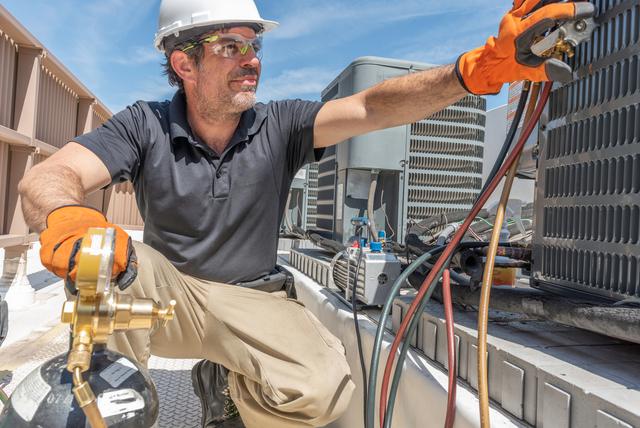
comments